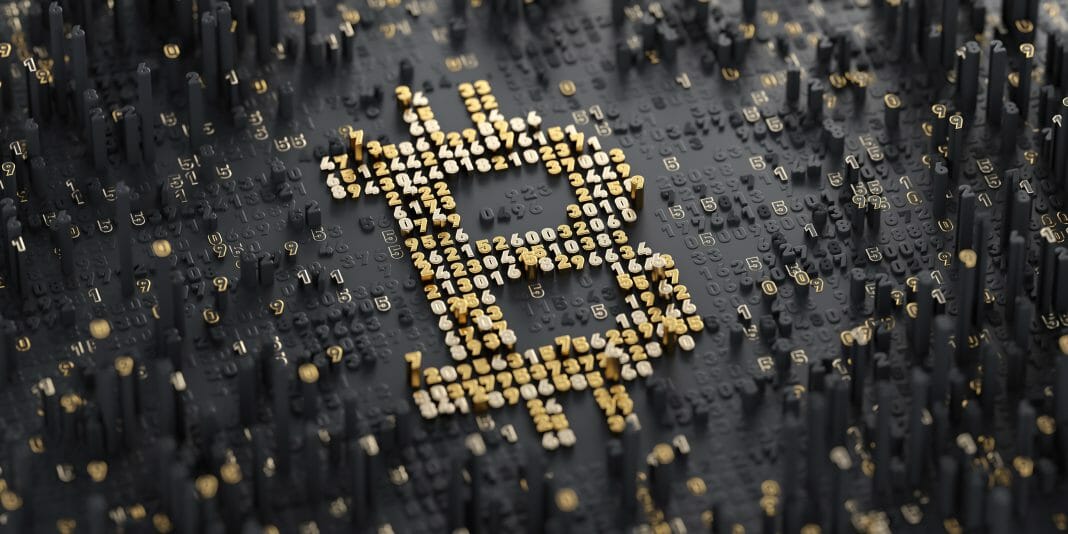In the digital era in which we live, the world of finance has undergone a significant transformation. Among the various assets available, bitcoin, commonly known as BTC, has emerged as a popular choice.
But is it really better than other assets? In this article, we will explain in detail the characteristics of bitcoin and the key aspects that differentiate it from other traditional assets.
As we unravel the intricacies of this topic, we will discover whether bitcoin is, in fact, a better option compared to other conventional assets.
Before we begin, it is necessary to define what bitcoin is. Bitcoin, the first decentralized cryptocurrency, was created in 2009 by a person or group of people under the pseudonym Satoshi Nakamoto.
Unlike traditional fiat currencies, such as the U.S. dollar or the euro, bitcoin is not backed by any government or central entity. Bitcoin operates on a peer-to-peer network, using blockchain technology to record and verify all transactions made.
In view of this, we talked to Ignacio Gimenez, Business Director at Lemon, and he told us that: “Bitcoin is the evolution of money, and the gateway to the exponential development of blockchain and Web3. It is an immutable, public and transparent monetary policy. Not only did it become a store of value, but it has been the largest generator of wealth. Since it has been traded, it has gone up more than a million times”.
Advantages of Bitcoin as an Asset
Regarding the advantages of bitcoin as an asset, it should be taken into account that in relation to the decentralization and privacy offered by the crypto-asset, other assets cannot match it. By not depending on intermediaries such as banks, bitcoin transactions are carried out directly between the parties involved, which guarantees greater privacy and control.
Another of bitcoin’s most outstanding features is its limited supply. There is a maximum of 21 million bitcoin that may exist in total.
In addition, every so often an event known as “halving” occurs, in which bitcoin miners’ rewards are halved. This contributes to scarcity and, potentially, to an increase in its value in the long term.
Concerning this, Ignacio posed that, Why is it the best store-of-value technology? First, because of its predictability and limited supply of 21M Bitcoins. The fact that I can predict how much my present effort will be worth for future enjoyment. Between now and the year 2140 we can know how many Bitcoins we will see in distribution with a 10-minute on-chain update, Gimenez declares.
“Second, energy. We are storing money in something very precious like energy. This ends up not only securing the network but also fulfilling a lot of use cases that allow us to consider the asset as a big battery that will keep all systems and projects optimized”.
Additionally, it is worth mentioning that the Bitcoin network enables fast and efficient transactions compared to traditional financial systems. Moreover, being a digital currency, bitcoin transcends geographical borders and facilitates international transactions without the complications and delays associated with conventional banking systems.
By Marina Meza











